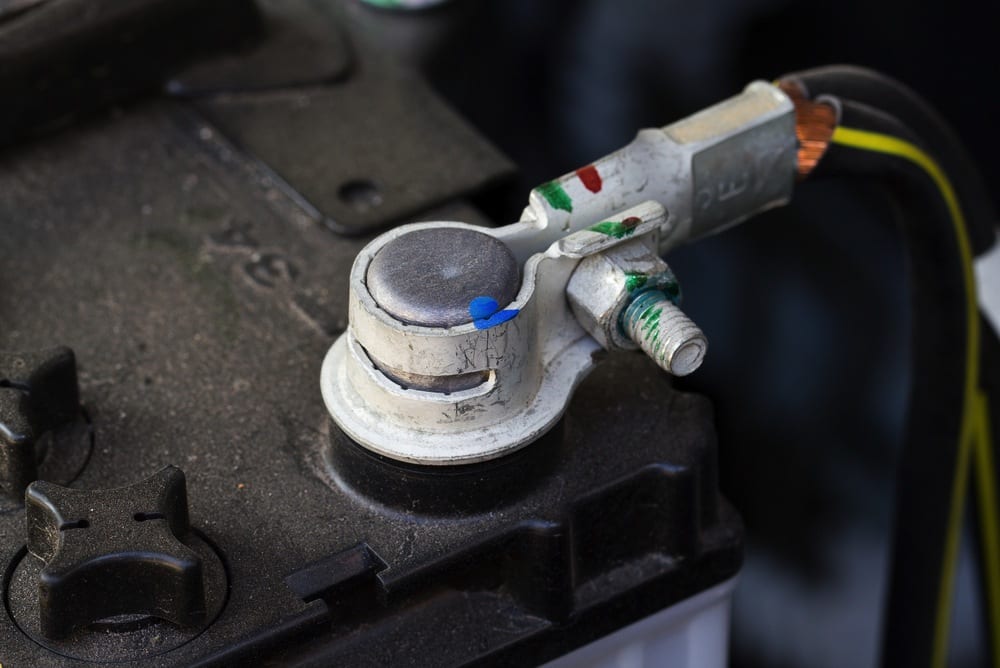

When your car won’t start, it’s easy to immediately jump to the battery as the problem. If a voltage test, however, shows that the battery is fine, the issue could very well be the battery cables. These oft-overlooked components connect the car battery to the other electrical components under the hood, like the alternator and the starter. When these cables become compromised, typically through corrosion, it does not matter how much juice your battery has – the car is not going to start because no energy is getting through the cables to where it needs to go.
You can detect corrosion in your battery cable ends and connectors by the presence of a whitish, powdery substance. You can try commercial connector cleaner to see if that fixes the problem. If it doesn’t, it may be that the cable is corroded under the surface of the coating – this happens when battery acid travels down the connector and into the cable’s covering. This kind of damage is difficult to detect and cannot be fixed, so you may find yourself having to replace the entire thing.
A few things to keep in mind to make sure you’re getting good quality battery cables:
Check your owners manual: Check your owner’s manual or manufacturer’s website to make sure you’re getting proper gauge of cable. Most four- and six-cylinder vehicles use 2 gauge cable for the battery.
Low-temperature flexibility: Look for low-temperature flexibility. This is particularly important if you live in a cold climate, because it allows for better resistance to cracking and other stress-related damage.
Durability: Choose a cable with good heat, ozone, oil, abrasion, and cut-through resistance.
YourMechanic supplies top-quality battery cables to our certified mobile technicians. We can also install a battery cable that you've purchased. Click here to get a quote and more information on battery cable replacement.



